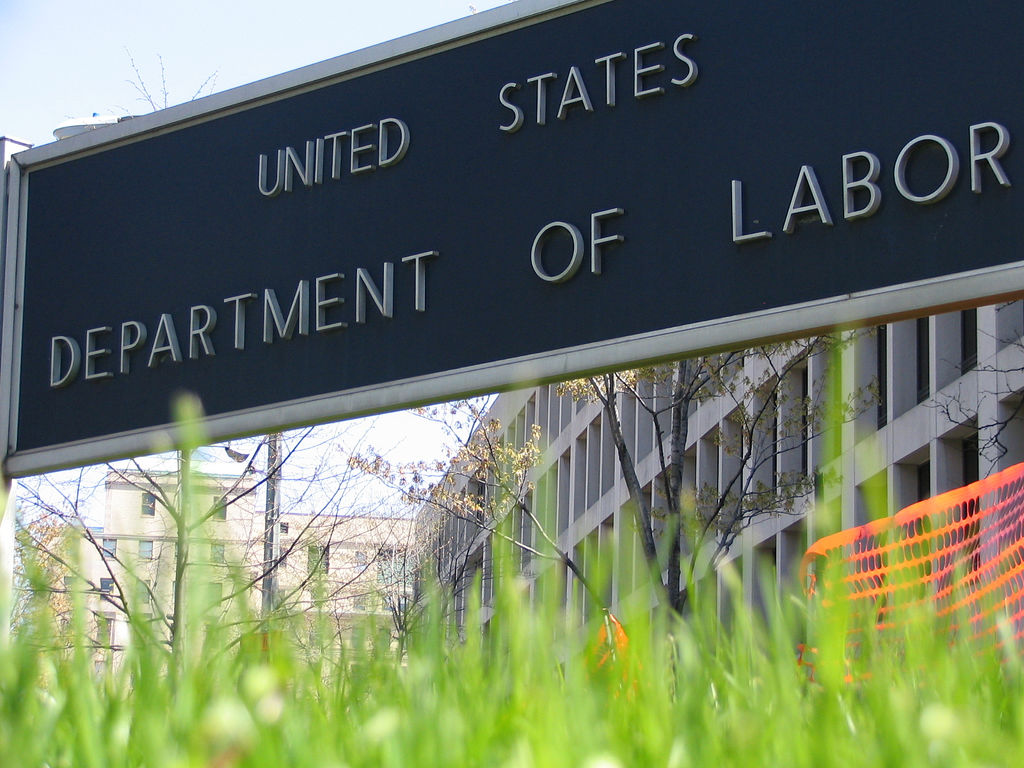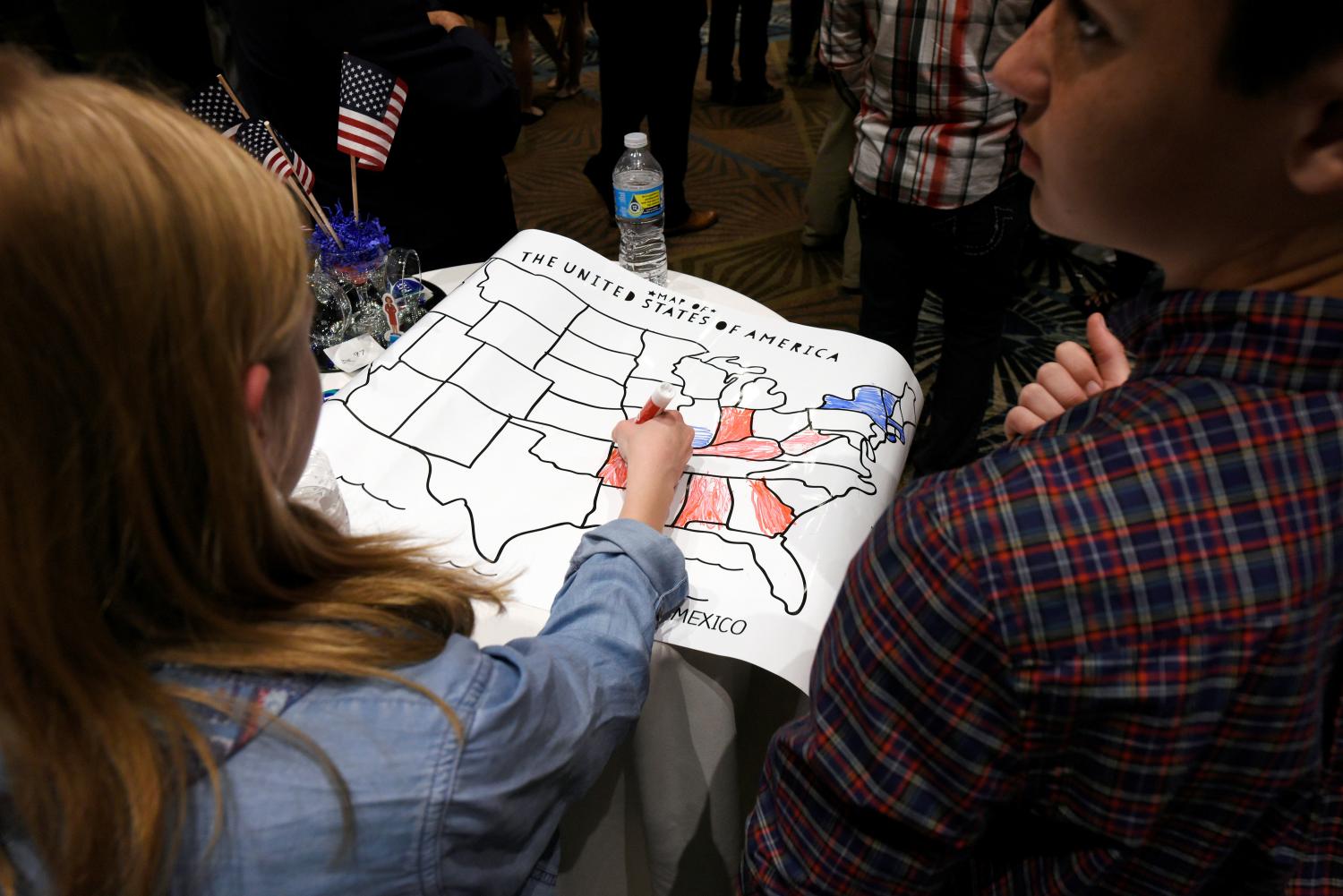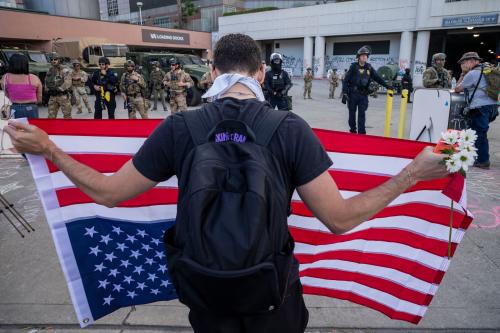The Employment and Training Administration at the Department of Labor should focus its distribution of H-1B visa fee revenue to metropolitan areas with a high demand for H-1B workers to train the existing workforce for high-skilled jobs. To date, fees have been distributed disproportionately to metro areas with a lower demand for H-1B workers. Channeling H-1B technical skills grants to those places with a high demand will expand the pool of local workers possessing needed skills and reduce employers’ reliance on foreign labor.
Background
Skilled workers are an essential component of the next economy—not only do they generate new ideas, but they also produce the advanced goods and services that make American firms competitive abroad. Metropolitan areas, in turn, assemble the skilled workers that the private sector needs by either producing a skilled labor force through educational and workforce training systems or obtaining workers from elsewhere in the United States and beyond. And in a global economy characterized by greater levels of labor mobility, U.S. regions increasingly find themselves competing to attract educated foreign workers. The H-1B visa program holds tremendous potential not only for attracting skilled workers from abroad, but also for upgrading the skills of America’s workforce to meet demand both today and in the future.
Proposal
The Metropolitan Policy Program at Brookings proposes that the Department of Labor’s Employment and Training Administration better focus flows of H-1B visa revenues on metropolitan areas with a high demand for H-1B workers.
Given that employers are the ones requesting these workers, the program should also require that grants be distributed to public-private partnerships that include an advisory board of local employers working together with educational and training institutions. One potential model for this approach is the Kansas Engineering Excellence Project, which assists the long-term unemployed in completing B.A., M.A., and Ph.D. programs in engineering at Wichita State University. The program’s success relies on the partnership between an advisory board of local employers and university representatives that create programs capable of meeting local employers’ projected skills needs.
Targeting the H-1B visa fees for technical skills training in high H-1B demand metros and requiring employer involvement would:
- Reduce dependency on hiring high-skilled foreign workers and minimize the need for employers to apply for limited H-1B visas
- Enable the existing U.S. workforce to gain the skills needed to compete for in-demand jobs
- Encourage companies to work with local educational and training institutions to identify skills requirements for areas of projected job growth
Strategic and targeted distribution of the skills training grants funded through H-1B visa fees to metropolitan areas with the highest demand for H-1B workers will help ensure that local employers are better able to meet their workforce needs.
The Brookings Institution is committed to quality, independence, and impact.
We are supported by a diverse array of funders. In line with our values and policies, each Brookings publication represents the sole views of its author(s).




